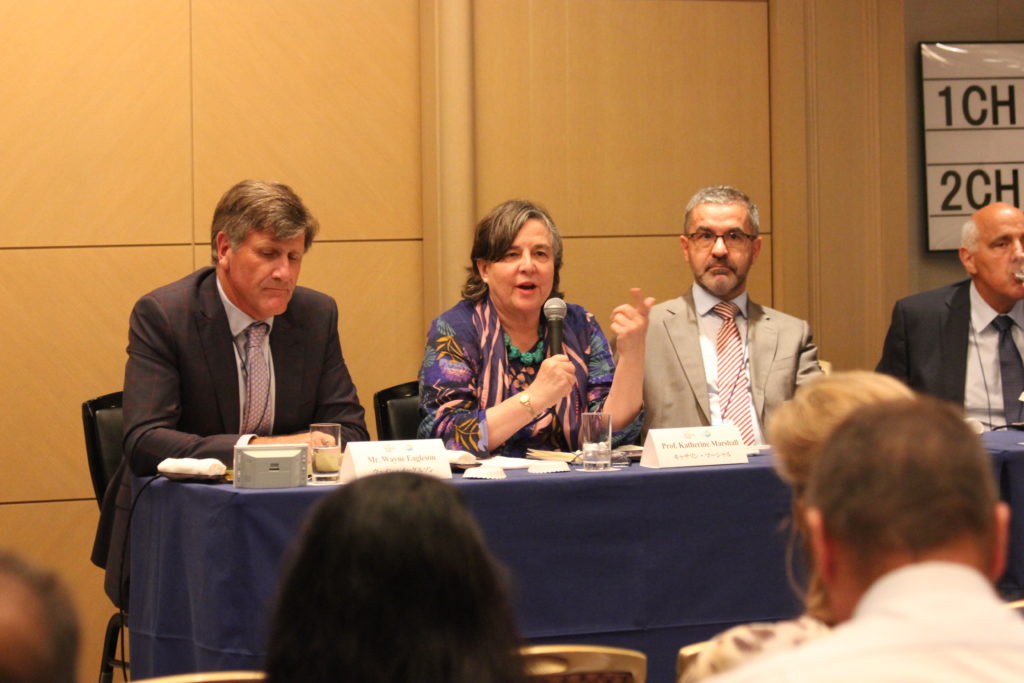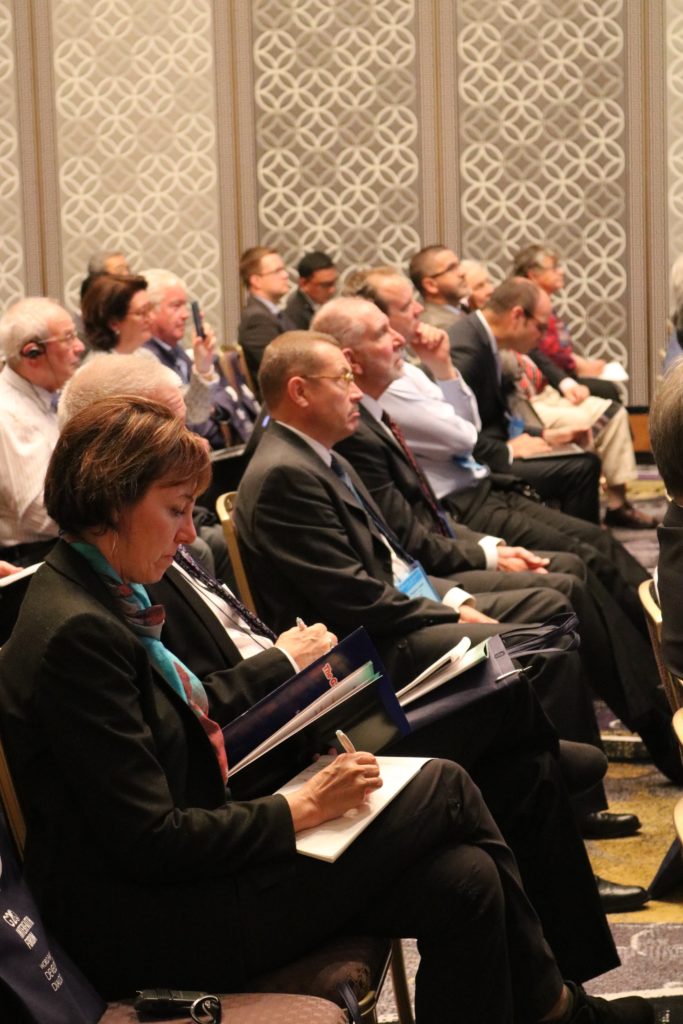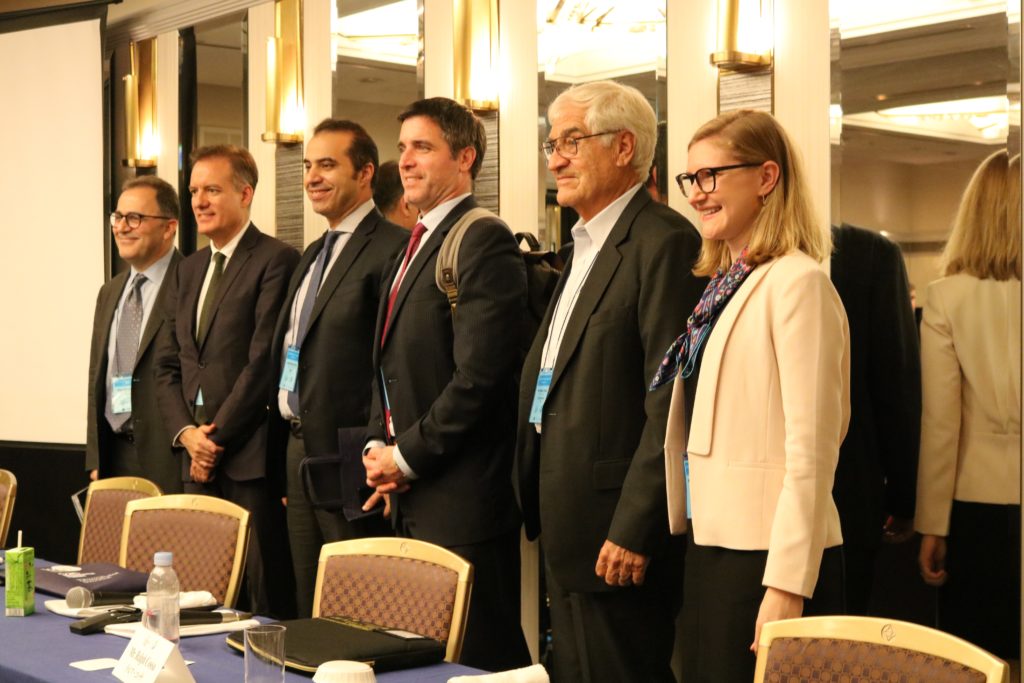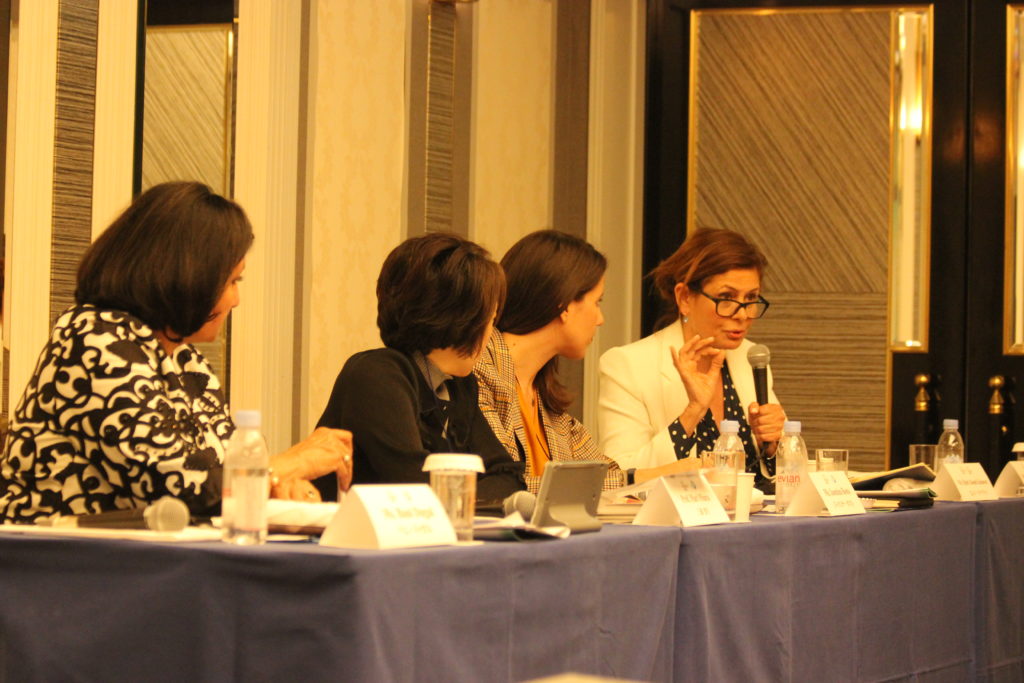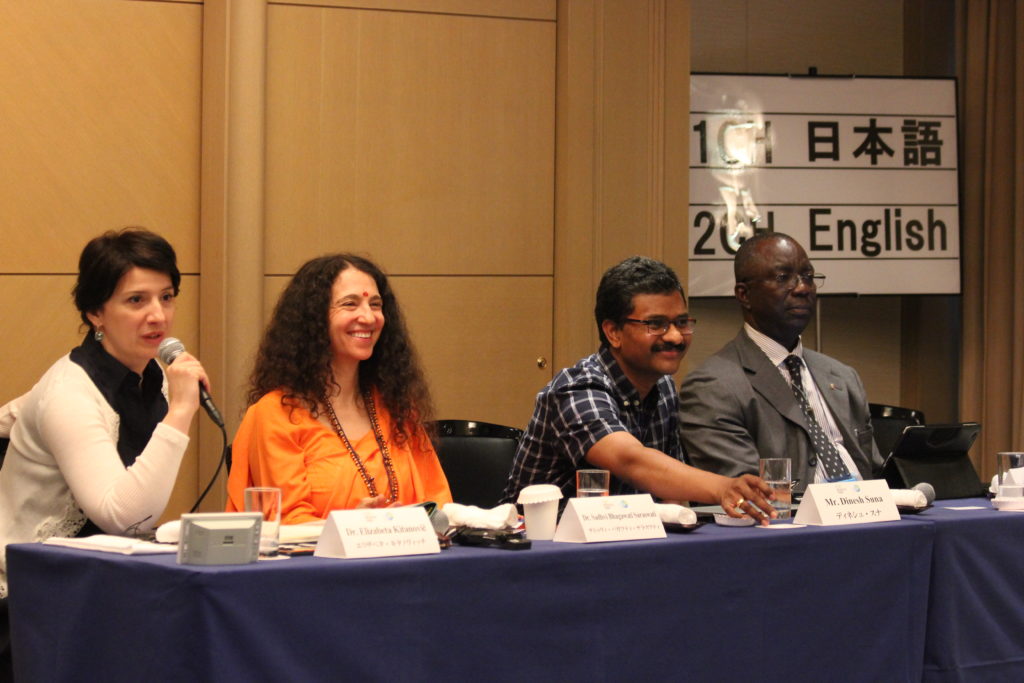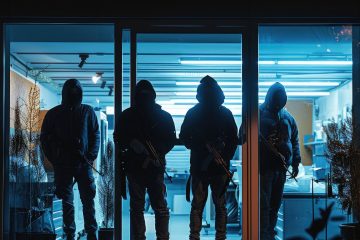The sixth annual G20 Interfaith Forum kicked off in Tokyo, Japan on June 7 with the theme of “Peace, People, Planet: Pathways Forward.” The forum, which brings together religious, political and academic leaders from around the world, convenes every year to discuss global sustainable development issues and submit recommendations from the faith-based perspective to the G20 Summit. This year’s theme, covering three of the UN’s “Five P’s” (peace, people, planet, partnership, prosperity), was tackled by panelists in multiple breakout sessions throughout the day.
Peace
The first major theme that was discussed during the G20 Interfaith forum was peacebuilding within the realm of interfaith dialogue. There were 3 working sessions during the day that each included a forum dedicated to the topic of peace within religious institutions as it relates to other social issues.
One session focused intimately on preventing violence while protecting the fundamental right to freedom of religion and belief.
When asked about how forgiveness plays a role in peacebuilding and preventing violence, Mohammad Abou Zeid, Senior Judge of the Family Court of Saida, Lebanon, said, “You cannot forgive someone you don’t know. Ignorance can cause hatred, fear and insecurity. But knowing each other is the starting point of love and cooperation.”
Another major topic surrounding the theme of peace was the diplomacy of religious peacebuilding and the lessons that we can draw from religious involvement in complex conflicts.
“There isn’t a sufficient recognition of the relationship between politics and the sacred,” said Ahmad Dallal, Dean of Georgetown University Qatar.
There was also a discussion surrounding the theme of peace specifically about serving and integrating refugees and displaced communities. This working session spoke heavily on preventing xenophobia through increasing inclusivity and involvement within institutions. Among others, Atallah FitzGibbon, Policy and Strategy Manager of Islamic Relief Worldwide, recommended that the G20 focus on combating refugee issues by building bridges on culture and common values, integrating religious voices in leadership, and creating more plans for migration and refugee acceptance.
People
The three “people”-based panels tackled the issues of violence against children, equality for women and universal health care. Panelists in the first session addressed the 30th anniversary of the 1989 UN convention on the rights of the child, the most widely ratified human rights treaty in the world, and the role of faith actors in protecting children. The discussion grappled with research showing that faith actors are both protectors and perpetrators in the issue, and searched for ideas on how to fix the negatives moving forward. Recommendations included centering global discussions on how problems will affect future generations; formally educating faith leaders to protect children; and protecting children online.
Dr. Ganoune Diop, the director of public affairs and religious liberty for the Seventh-day Adventist Church, said religious groups should take a lesson from their current attitude toward religious heritage sites: “Human beings are more important than temples, because they are temples themselves. And that includes children,” Diop said. “If we have a culture that prevents us from violating sacred spaces, we should also avoid violating the dignity and rights of our children.”
The second session discussed equality for women, and what that means in the context of diverse faith groups. Recommendations surrounded implementing quotas in governments across the world to get women’s voices heard in politics and working to change gender stereotypes.
Her Excellency Graça Machel, stateswoman and wife of the late Nelson Mandela, said activists need to prove from an economic standpoint that nations are losing by keeping women at the side: “Women are energy. Women are creativity,” Machel said. “The economy will perform better if women are at the right place. Society will be much better when you use the knowledge, experience and the heart of women to build bridges.”
The last panel considered ideas for practical steps toward achieving universal health care. With the faith-funded healthcare system in developing countries at a crisis point, panelists agreed that health care needed to move more toward being locally funded, locally supported and locally led.
Planet
Three sessions were devoted to the topic of Planet. In the first session, Father Joshtrom Kureethadam, the Director of the Ecology Department, Vatican Dicastery for Promoting Integral Human Development, and Gunnar Stålsett, Bishop Emeritus of Oslo and Honorary President of Religions for Peace addressed the topic of “Religious Calls to Protect Rainforests.”
Father Joshstrom focused on the essence of climate change, reminding attendees that caring for the planet is “our original job description.” Referencing the Pope’s recent meeting with indigenous leaders, Laudato Si’, and scientific data, he stressed the inequality of climate change (those who are most affected are those countries with the lowest carbon emissions), the urgency of the situation, and the need to protect the rainforests and the indigenous peoples who live there. “In all of this there is an urgency. We don’t have time. Everything is interconnected. Part of the solution to climate change is to stop the demolition of forests. We can do it by protecting the indigenous communities that live in them.”
Dr. Stålsett focused on the efforts of the Interfaith Forest Initiative, interfaithrainforestinitiative.com. In a visit to the Democratic Republic of Congo, a Norwegian minister found that on rainforest and climate change initiatives, the government was engaged but there were no structures on a local level. The initiative was born to help mobilize the structures in place which are often religious groups. The organization seeks to educate local leaders. Recommendations for the G20 Interfaith Forum on rainforest protection with input from Dr. Stålsett are available at g20interfaith.org.
The second planet dialogue session focused on preparing for and meeting the realities of disasters and the roles or religious communities. Jonathan Duffy, the President of Adventist Development and Relief Association (ADRA), said it is important to acknowledge that “faith actors live in the communities, they survive, and they live there long after.” Disaster relief is most effective when there is a combination of faith based organizations and local faith actors. But it is critical for success to have plans and roles in place in advance of disasters. Atallah FitzGibbon, Policy and Strategy Manager of Islamic Relief Worldwide agreed with Duffy. He added that the increase in crises requiring humanitarian assistance are “limiting the amount of good that humanitarian organizations can do.” His message to the G20 is to strengthen the capacity of religious communities knowing they are the first responders. “The networks of faith-based organizations and faith leaders cross continents and political boundaries, making it a viable and practical means to achieve sustainable development,” he said.
Sir John Key, former Prime Minister of New Zealand, added comments on climate change and stressed again the inequality of those most affected. Disasters often result in the dislocation of people and in those situations, the most vulnerable, the disabled, the elderly, those with mental health challenges are even more disadvantaged. Governments can’t support that alone. Religious groups can provide the community and connection.
The final session in the day’s Planet track was titled “Ending hunger-water as life.” Some of the primary points of the speakers were issues of accessibility, equality of distribution, utilities, and the emphasis on agriculture’s impact on water consumption. Sadhvi Bhagawati Saraswati, Secretary-General of The Global Interfaith WASH Alliance recommended that G20 leaders recognize, respect, and collaborate with the power of faith. “We are your allies.” Dinesh Suna, Coordinator for the Ecumenical Water Network of the World Council of Churches, said, “The global water crisis is not only about scarcity but about an unequal distribution.” Many lack safe drinking water and adequate sanitation. He shared examples from the work of the WCC. The Rev. Bernard Timothy Appau, Missionary Chaplain, Asian Rural Institute, said, “Before we can end hunger and have full sufficiency we must think about how we can protect our water bodies and use water wisely.”
Urgent Issues
In addition to its themes on peace, people and planet, an additional topic focused on urgent issues was addressed through three breakout sessions. These three panels linked the G20 Interfaith “red threads” that touch on human dignity and notions of fairness to the broader global debates of corruption, inequality and cultural heritage.
A repeated theme of localization and understanding was found to be an answer to these urgent issues.
“Inequality can best be understood at the local level,” said Daniela Muhaj, Research Fellow at the Center for International Development. “We need to be visionary, but we need communities to bridge the gap and give support at local levels to make change happen now.”
In addition to mitigating inequality, cultural understanding is essential in knowing how to fight corruption and cultural decay.
“Deep cultural knowledge of each country is important to know how or if we can combat corruption,” said David Cohen, Director of WSD Handa Center for Human Rights and International Justice. “We’re dealing with a culture of corruption, from the lowest levels of society to the highest levels of government. Combating corruption means ethical teaching from religious leaders, and protections and incentives for whistleblowers.”
For additional quotes and details on the day’s forum proceedings, please contact [email protected].
